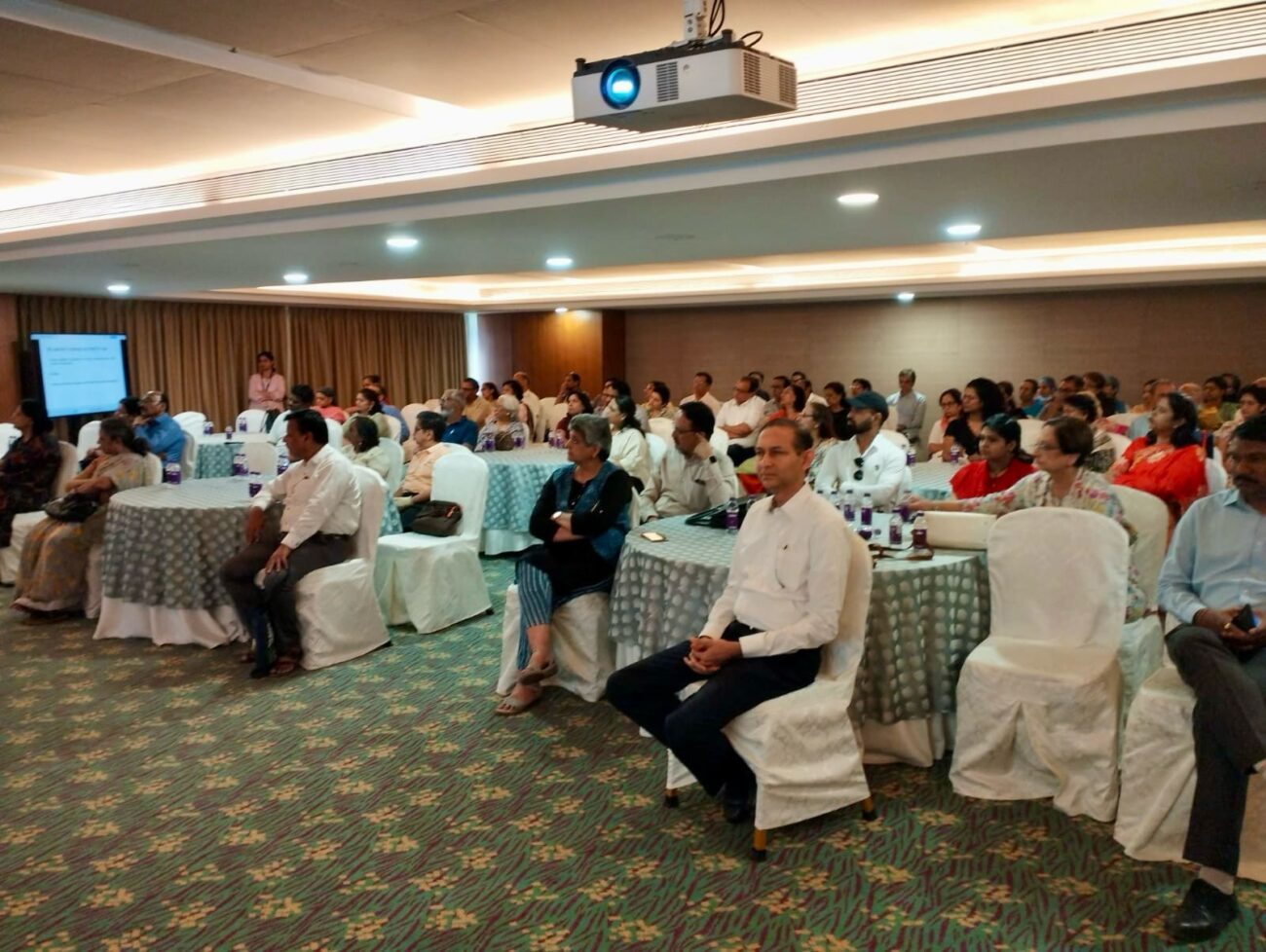Troubled times for Sanofi’s Dengue Fever Vaccine
Pharma giant Sanofi has been mired in controversy in the Philippines, after allegations that its dengue vaccine Dengvaxia, which had been used in a widespread school vaccination programme, was linked to the deaths of children. Since the vaccine’s ban
Pharma giant Sanofi has been mired in controversy in the Philippines, after allegations that its dengue vaccine Dengvaxia, which had been used in a widespread school vaccination programme, was linked to the deaths of children. Since the vaccine’s ban the Philippines has declared a national dengue epidemic, creating a public health dilemma as infection rates soar.
GlobalData’s pharmaceutical technology writer Chris Lo says: “Immunisation rates for dengue in the Philippines have fallen dramatically just a few years after the world’s first dengue vaccination programme – using Sanofi’s live attenuated vaccine Dengvaxia (CYD-TDV) – was rolled out in the country’s schools in 2016.
“Sanofi also had high hopes for Dengvaxia, the development of which had taken 20 years and cost around $1.8bn. Officials predicted that the vaccine – which helps protect against all four serotypes of dengue – would drive down infection rates by 24% within the next five years.
“After more than 830,000 children had received at least one dose of the vaccine (Dengvaxia is administered as three injections, with six-month intervals), Sanofi announced that it was changing its label to restrict its use to only those who had already been exposed to dengue virus. Having reanalysed its trial results, Sanofi said the evidence now suggested that dengue-naïve people who received the vaccine could be vulnerable to more severe infections.
“In February this year, the Philippines Food and Drug Administration permanently withdrew the vaccine’s licence; the regulator’s director general Nela Charade Puno said the decision had been made because Sanofi failed to comply with its post-marketing commitments.
With dengue cases surging in the first half of 2019 and Dengvaxia the only approved vaccine option, the Philippine government considered reintroducing the vaccine on the condition that all participants are pre-screened to confirm that they have had previous exposure to dengue.
On 22 August, however, the Department of Health rejected Sanofi’s appeal to overturn the FDA’s ban on Dengvaxia, with the department again citing the company’s failure to submit post-marketing data including risk management plans.
There is currently nothing to suggest that Dengvaxia is linked in any way to the deaths that have been at the centre of the allegations, and the vaccine’s subsequent approval by European and American authorities validates Sanofi’s statements that it is effective and safe when administered correctly.
“Nevertheless, the controversy in the Philippines raises troubling questions around the governance of this immunisation drive, and how, despite years of clinical studies, the vaccine was allowed to be administered to those who may have been harmed by it.
“In the meantime, the race is on for an alternative dengue vaccine that overcomes the exposure issue that held back Dengvaxia. Takeda’s candidate is TAK-003. Late-stage trial results earlier this year have demonstrated effective protection against all four dengue serotypes, regardless of previous exposure to the virus.
“Another vaccine candidate TV003/TV005 has seen promising results in antibody response to all dengue serotypes and producing T-cell immunity.





